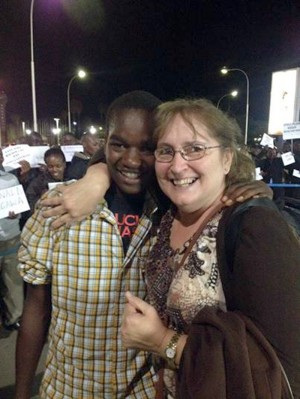
MUKURWE-INJ, KENYA – Exchange students coming to the United States usually find it takes some time to adjust to American culture and living.
What sometimes gets forgotten is the re-adjustment to going home.
Lawrence Wambugu was an exchange student at Tonasket High School during the 2012-13 school year. Among other things he participated in cross country and soccer, and developed a reputation for his ravenous appetite for cookies.
He spent his year here in the home of Teresa and Randall Newton, who have been deeply involved with the exchange student program for years. So Teresa figured, when she asked Lawrence what he missed most about America after his return to Kenya, that it would be the cookies.
“He said ‘Clean water,'” Teresa said. “He said, ‘It’s hard to drink this murky, dirty water.”
Running water is not only a luxury in many parts of Kenya, it’s a rarity. Lawrence’s family and neighbors, whose village, Gathaka, lies in the foothills of Mt. Kenya, have to walk nearly half a mile, navigate deep ravines and avoid crocodiles just to address that most basic of physical needs.
“That second it was like, why aren’t you getting him water?” Teresa said. “What I heard was ‘Dig a well.’ It was like my ‘mom’s heart,’ it just kind of popped out.
“I emailed and called over 30 companies. They all said, well, we don’t go that far. Or we don’t do it there, but we’ll take your money. But for me, I had a kid there.”
That, and it turned out that a well wouldn’t do the job. What’s needed is a hydraulic ram pump, which draws water out of its source, provides some filtration, then pumps it into an above-ground tank.
At a cost of about $7,000 and without encouraging news from the organizations Teresa had contacted, she was on the verge of giving up on the idea.
 “I stopped for awhile,” she said. “Then in January we got an email from Lawrence, saying he couldn’t go to school because his parents couldn’t pay for it. I didn’t hear, ‘Send me money.’ I heard, ‘Dig a well.
“I stopped for awhile,” she said. “Then in January we got an email from Lawrence, saying he couldn’t go to school because his parents couldn’t pay for it. I didn’t hear, ‘Send me money.’ I heard, ‘Dig a well.
So it was heavy on my heart. I needed a team. I called a friend of mine and asked her if she wanted to go to Kenya in October, because I figured it would take that long to raise the money. But she was already going in April. Two weeks later she called back and said her team would add two days to their project to work on mine, if I would go with them on theirs.”
It was short notice, but Teresa scratched together enough money for a plane ticket to Kenya to lay the groundwork for the project.
Just before leaving she first made contact with Ken Gatihi, who oversees water projects in Kenya for Crossway International, an Christian NGO doing work in Africa.
“He said, we couldn’t do a well, it has to be this pump,” Teresa said. “The guys we were with were construction workers, so they knew what we needed.”
Her visit was enough to complete the first stage of the project, which included determining the water source, delivery method and location, and securing an engineering team.

Teresa said that Lawrence’s parents donated a small piece of land upon which to place the hydraulic ram pump. His family, she said, was gracious during her visit.
“I think when I got there Lawrence was in shock,” she said. “He really didn’t think it was going to happen. His parents were amazing. They welcomed me into their home, they gave me a head covering, and fed my whole team lentil soup and arrow root.”
She said that the people she’s working with on the Kenya side of things would like the project to be completed in October, but raising all of the money by then will be challenging.
“Ken would like this project be done by October, but $7000 is a lot of money and it’s August. Dean Chollar, the founder (of Crossway) is going to be there in October. He asked if I could come to dedicate the project, so we’ll see.”
“I would absolutely love to go back but I don’t have the money, and I don’t want to ask people to fund me when I am trying to get water in there. I would rather give stuff to Africa.”
Teresa, who had a booth set up at the Garlic Festival, said she’s hoping to get a bigger fundraiser together this fall.
“To think,” she said, “it all started with this kid who came to America.”
To contribute: GoFundMe fundraising link
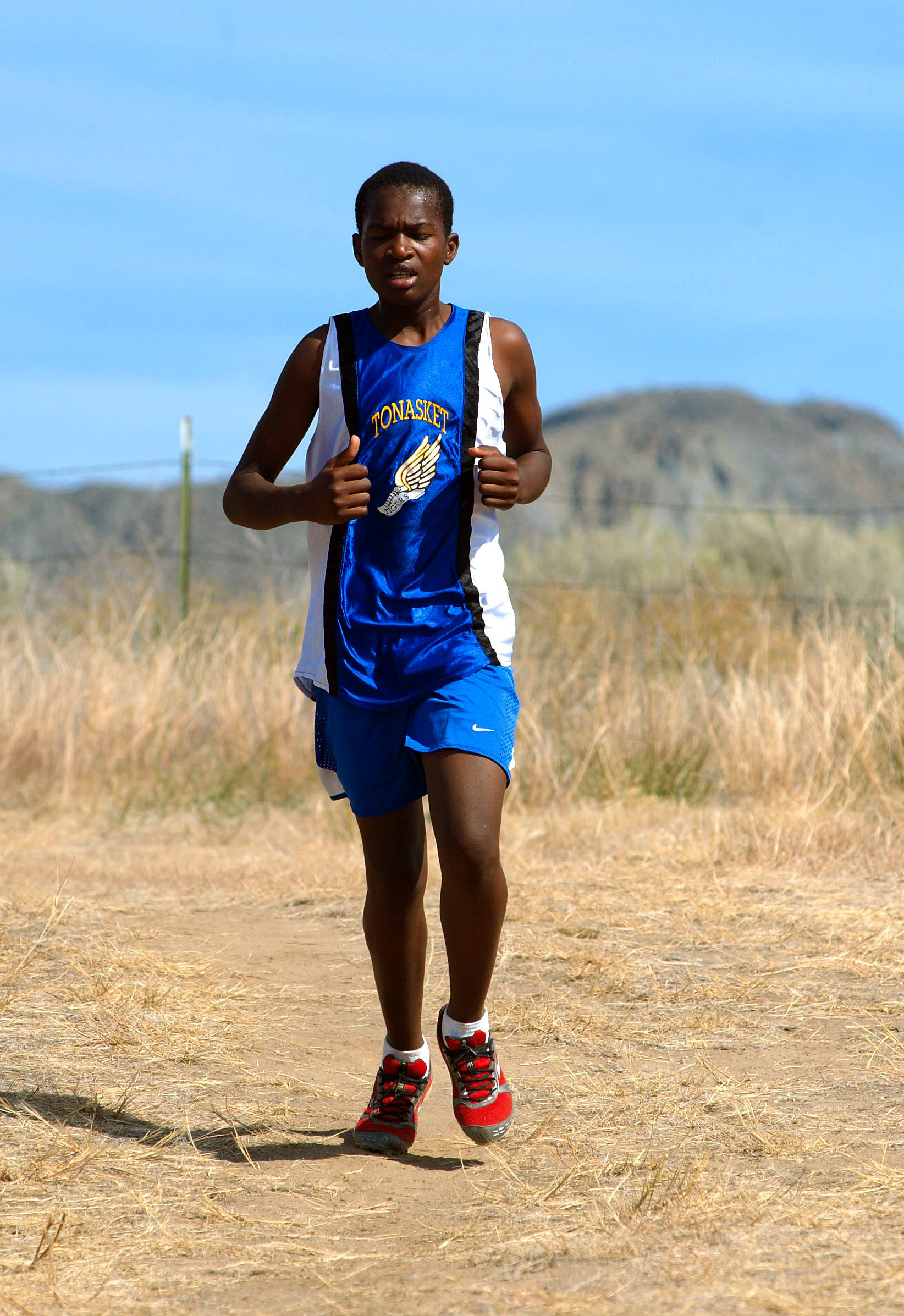
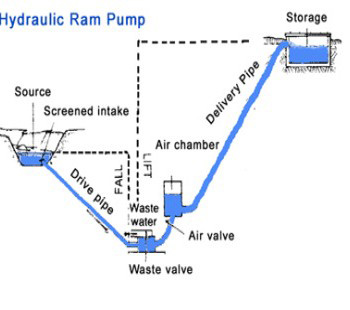

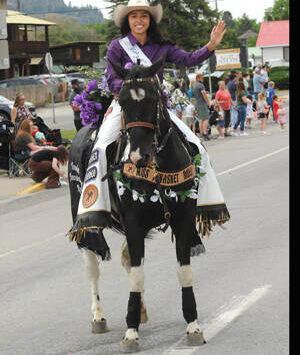
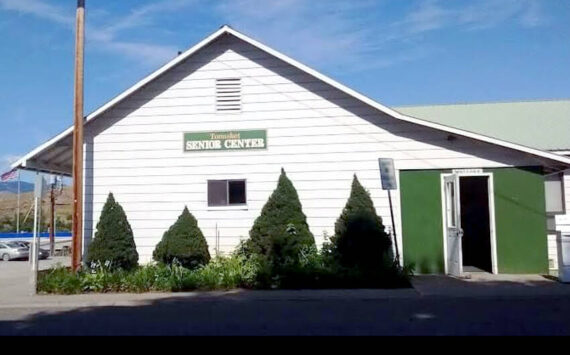
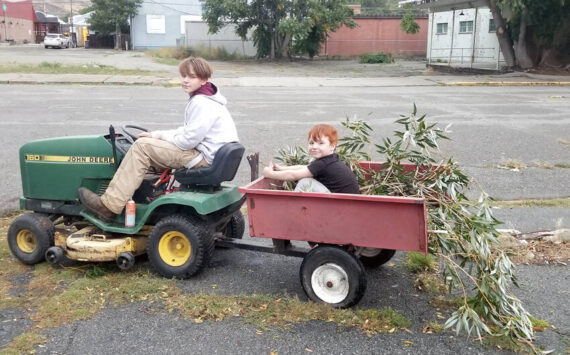

Comments are closed.